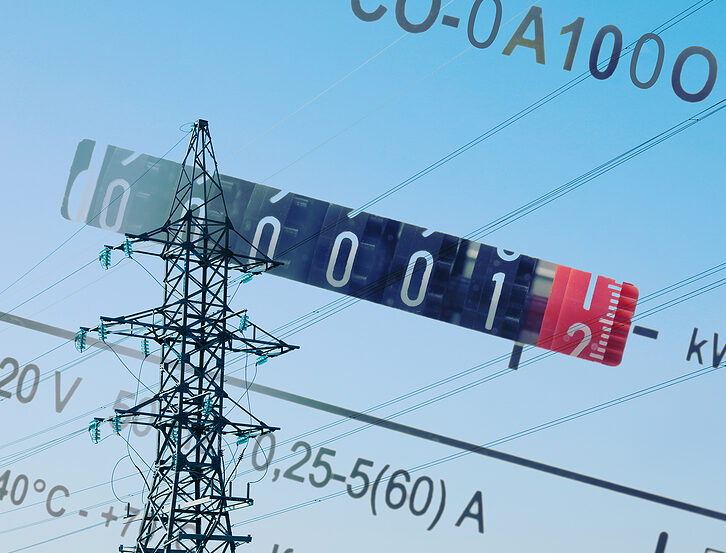Cheap energy drives the modern economy. Expensive energy could destroy it.
That is the concern of energy-sector experts in the Environmental Protection Agency’s move to impose strict new carbon emissions regulations on thousands of power plants nationwide.
According to a report from Reuters, the Biden administration plans to force natural gas-fired power plants to “install technology to capture carbon emissions.” The goal is to decarbonize the entire energy sector in 12 years.
“These standards could level the playing field between new gas plants and new renewable energy,” said Thomas Schuster, head of the Sierra Club’s Pennsylvania chapter, by raising the price of power generated by natural gas. Nobody is arguing the new rule will lower costs for consumers.
Gordon Tomb, a senior fellow at the Harrisburg-based Commonwealth Foundation, said the White House “ignores physical realities that make both green energy technologies and CO2-reduction methods prohibitively expensive and, at best, technologically questionable.”
“Being weather-dependent and inefficient, solar panels and wind turbines are useless for supplying large populations and industry with electricity,” Tomb said, adding that “large-scale carbon capture technology is unproven and unnecessary.”
According to the Energy Information Administration, about 60 percent of “utility-scale electricity generation” in the United States is produced from fossil fuels.
The EIA notes Pennsylvania is “the third-largest coal-producing state in the nation,” while “over half of Pennsylvania households use natural gas as their primary home heating fuel.”
The state sits upon huge reserves of natural gas, with the Marcellus Shale that runs partially through Pennsylvania “estimated to be the second largest natural gas find in the world,” according to the American Petroleum Institute.
The shale contains “approximately 410 trillion cubic feet of shale gas” that “could supply U.S. consumers’ energy needs for hundreds of years.”
The gas would likely be subject to the new EPA regulations as a fossil fuel.
“EPA cannot comment because the proposals are under interagency review and subject to change,” the agency told DVJournal in a statement. “But we have been clear from the start that we will use all of our legally-upheld tools, grounded in decades-old bipartisan laws, to address dangerous air pollution and protect the air our children breathe today and for generations to come.”
Kenny Stein, the policy director at the Institute for Energy Research, said the rules are “unlikely to survive a court challenge,” but they could “still do significant economic damage” before they are struck down.
“The rule would increase electricity costs and result in the premature retirement of dispatchable electricity sources, leaving a less reliable grid in its wake,” Stein said,
“Coal plants are unlikely to be able to comply at all, and it will be very expensive for natural gas plants to attempt to comply,” he added.
As a result, the cost of electricity for businesses and homeowners will almost certainly rise.
Daren Bakst, the deputy director of the Center for Energy and Environment at the Competitive Enterprise Institute, noted that while the public does not yet have specifics on the new rule proposals, “we have a pretty good idea of what to expect.”
“The idea will effectively necessitate the use of technology that’s not feasible at this point,” Bakst said. “Any way you look at it, you’re going to be driving up energy prices. Very possibly, as a result of this rule, you’ll likely lead to the closure of power plants that may otherwise not have been closed.”
The EPA’s proposal is reportedly still being reviewed by the White House’s Office of Management and Budget. EPA spokeswoman Maria Michalos told media outlets this week that the White House is “moving urgently to advance standards that protect people and the planet … including proposals to address carbon emissions from new and existing power plants.”
Experts were not shy with dire predictions regarding the effect of the rules.
Tomb predicted the regulations would result in “massive unemployment, shortened lives, and general misery” with “no benefit.”
The AEA’s Stein added that “less reliable electricity will leave the economy at risk of blackouts or weather events” The result, he said, would be “both economic harm and lost lives.”
“This rule is charting a really reckless path that only the most blinkered ideologue could be looking forward to.”

